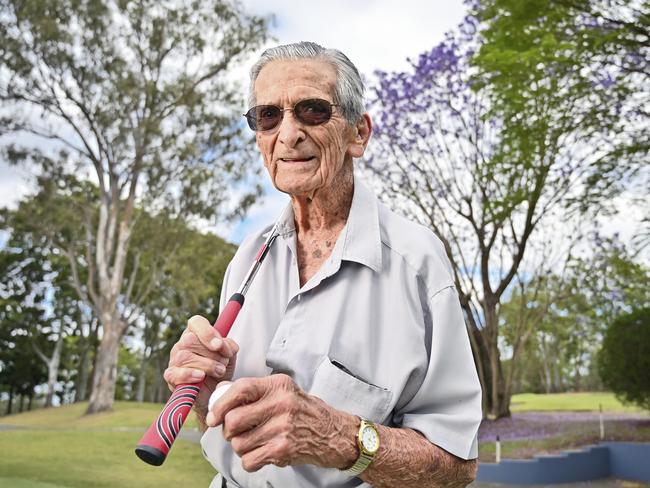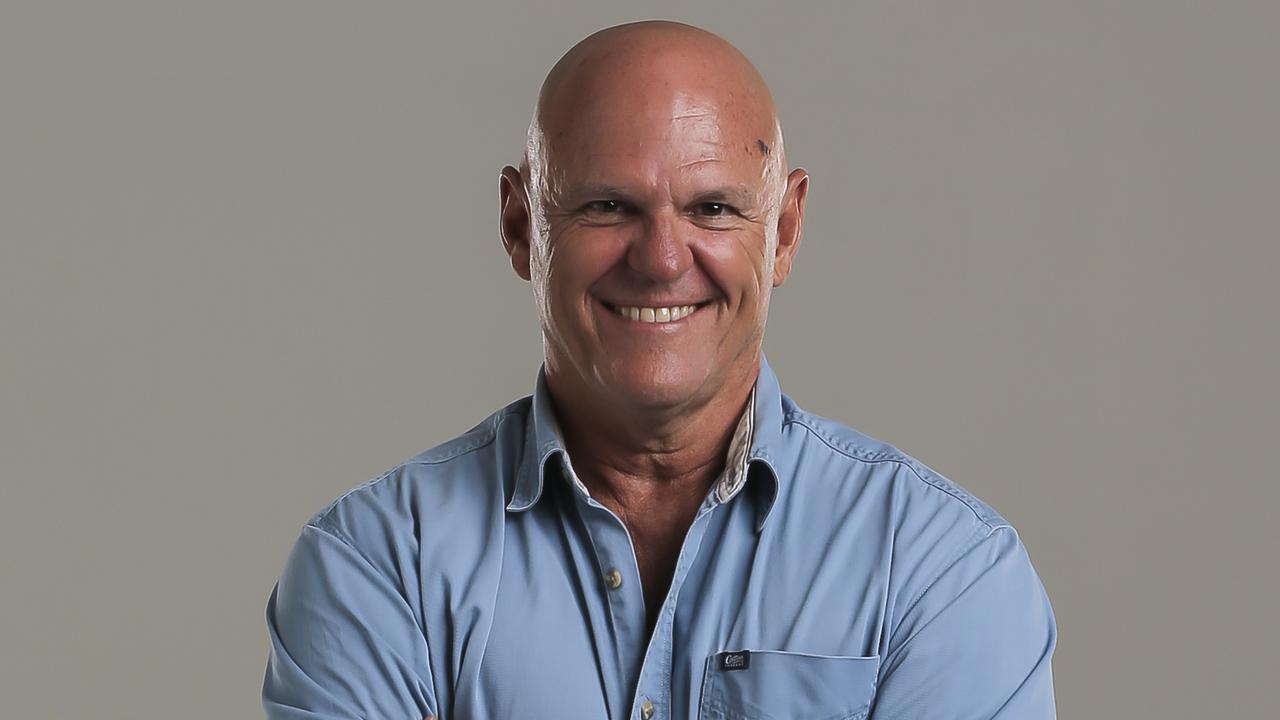Editor’s view: We must find the cure for chroming
New statistics reveal Queensland is in the middle of another public health crisis as children as young as 10 inhale intoxicating fumes from items such as deodorant and paint. A big stick approach won’t work – but what will?
Opinion
Don't miss out on the headlines from Opinion. Followed categories will be added to My News.
AN ALARMING rise in the dangerous practice known as “chroming” exposes a social
and public health crisis that must be addressed.
Chroming, which involves inhaling intoxicating fumes from items such as deodorant and paint, provides a cheap and nasty form of intoxication that can do serious damage to the brains of users.
A spike in the number of young people being hospitalised after engaging in this dangerous practice poses a challenge to health policymakers.
The figures, which show some users have been hospitalised multiple times, highlights the deep social problems that must be addressed as part of the response.
During 2018-19, 98 people were admitted 141 times to Queensland hospitals after chroming.
In a heartbreaking sign of the impact of inhalant abuse, almost half of those 98 patients were aged between 10 and 19.
Another 27 of the patients were aged under 29.
The abuse of solvents tends to be concentrated among young people in disadvantaged areas, including indigenous communities.

Health Minister Steven Miles should be applauded for convening a meeting of experts to come up with solutions to this disturbing practice.
A roundtable discussion has been flagged involving representatives from industry, retailers, community-based services and clinicians to discuss potential responses.
This is a worthy first step, but it must not just be a talk-fest.
The disturbing rise in chroming requires an urgent response with practical steps taken to address this social problem.
Manufacturers could look at changing formulas to prevent items such as spray-on deodorants being used as intoxicants.
Other options could include limiting the sale of some items in areas where they have been misused or requiring identification to purchase.
Some retailers already keep the items behind antitheft devices on shelves in communities where there is a problem with inhalant abuse. Shopkeepers could also play a greater role in prevention by training staff to be aware of signs that people may be buying items to misuse.
The abuse of inhalants by disadvantaged people also points to hopelessness and addiction that should be treated by social workers and other community services.

Mr Miles said he had already received advice from manufacturer Unilever about the misuse of its aerosol deodorant products as an inhalant.
It is welcome that manufacturers acknowledge this problem, but it is unclear if they are willing or able to change the way their products work to prevent them being used as a cheap and potentially deadly drug.
The inhalant crisis has echoes of petrol sniffing that ravaged remote indigenous communities in the Northern Territory, South Australia and Western Australia.
In response to petrol sniffing, BP introduced a new brand of petrol that did not provide the high offered by other fuels.
Other measures used to tackle petrol sniffing in remote communities included harsher penalties for trafficking in petrol, mobile counselling services and extra police and social workers.
It can be difficult for authorities to prevent the misuse of common and easily available items, but we must try to stop chroming from destroying young lives.
TED, YOU’RE AN INSPIRATION
CENTENARIAN and golf fan Ted Bousen should be an example to us all. Just showing up at a golf course once a week for a game would be impressive enough for any 100-year-old.
But the Brisbane man and longstanding member of the Gailes Golf Club also has an attitude that matches his vitality.
“I believe while you can do a thing, you do it, because the day will come when you can’t,” he told The Courier-Mail.
And so, every Wednesday, Mr Bousen leaves home just after 5am, goes to the golf course and tees off.
He told the paper that his golf is “no good”, but doesn’t let that hold him back from enjoying himself.
“It makes no difference, I’ve still got good company and that’s all it is,” he said.

Mr Bousen, a World War II veteran, has lived a long and fulfilling life, but he shows no signs of slowing down.
In what may be welcome news for some, he says his secret to such a long and healthy life is a couple of scotches a day.
But through the way he lives his life, he also shows age is no barrier to doing the things you enjoy, maintaining friendships and being connected to your community.
As Gailes Golf Club president Paul Brown said, Mr Bousen is an inspiration.
Responsibility for election comment is taken by Sam Weir, corner of Mayne Rd & Campbell St, Bowen Hills, Qld 4006. Printed and published by NEWSQUEENSLAND (ACN 009 661 778). Contact details are available at couriermail.com.au/help/contact-us


